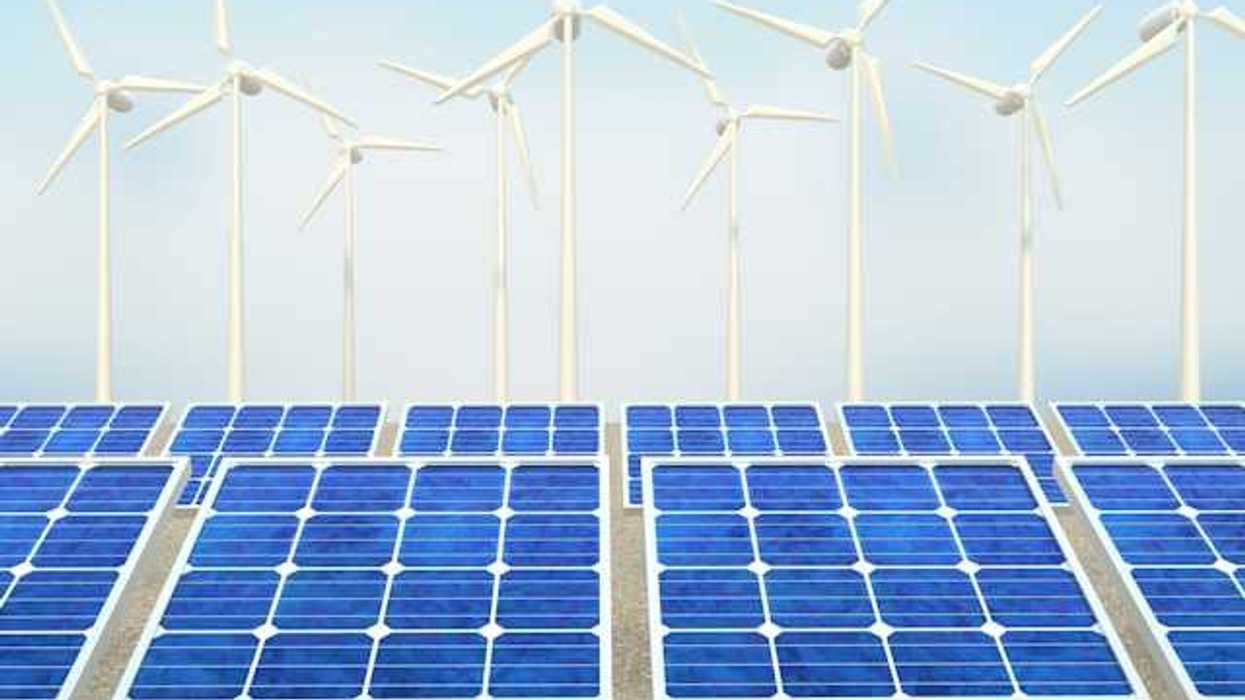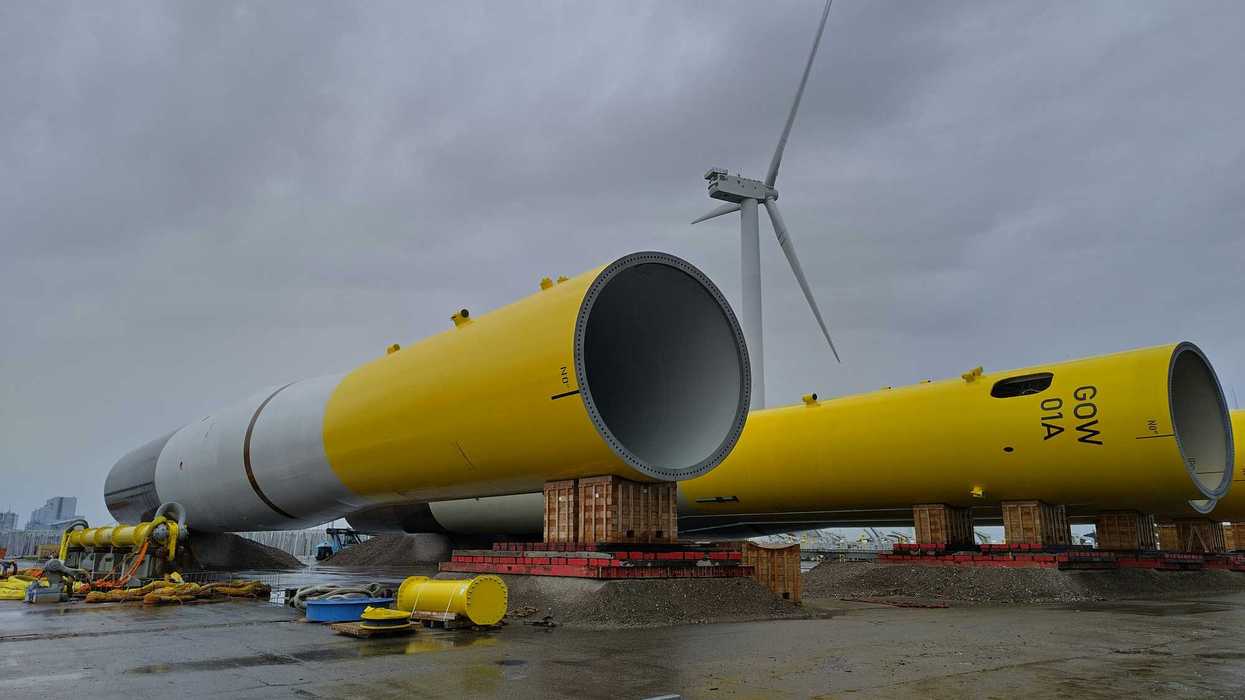The U.S. Farm Bill, a significant spending package, could impact greenhouse gas emissions by aiding farmers in storing soil carbon, a crucial yet uncertain method in combating climate change.
In short:
- The Farm Bill's potential to reduce emissions hinges on its ability to help farmers increase soil carbon storage, a method with varying scientific certainty.
- Current soil carbon measurement techniques are costly and complex, highlighting the need for more accessible and accurate methods.
- The bill could extend funding for soil carbon research, essential for validating and improving carbon sequestration practices in agriculture.
Key quote:
“This is going to be great for the next four years of funding. But then what happens after that?”
— Cristel Zoebisch, analyst at Carbon180.
Why this matters:
Understanding and enhancing soil carbon storage is vital for reducing agriculture's environmental impact. This article underscores the intersection of agriculture, science, and policy in addressing climate change, a major issue affecting health and the environment on a national scale.
Read: It is time for farmers and policy makers to jointly create a legislation that provides both for the survival of the planet and allows them to survive financially with ongoing taxpayer funding.














